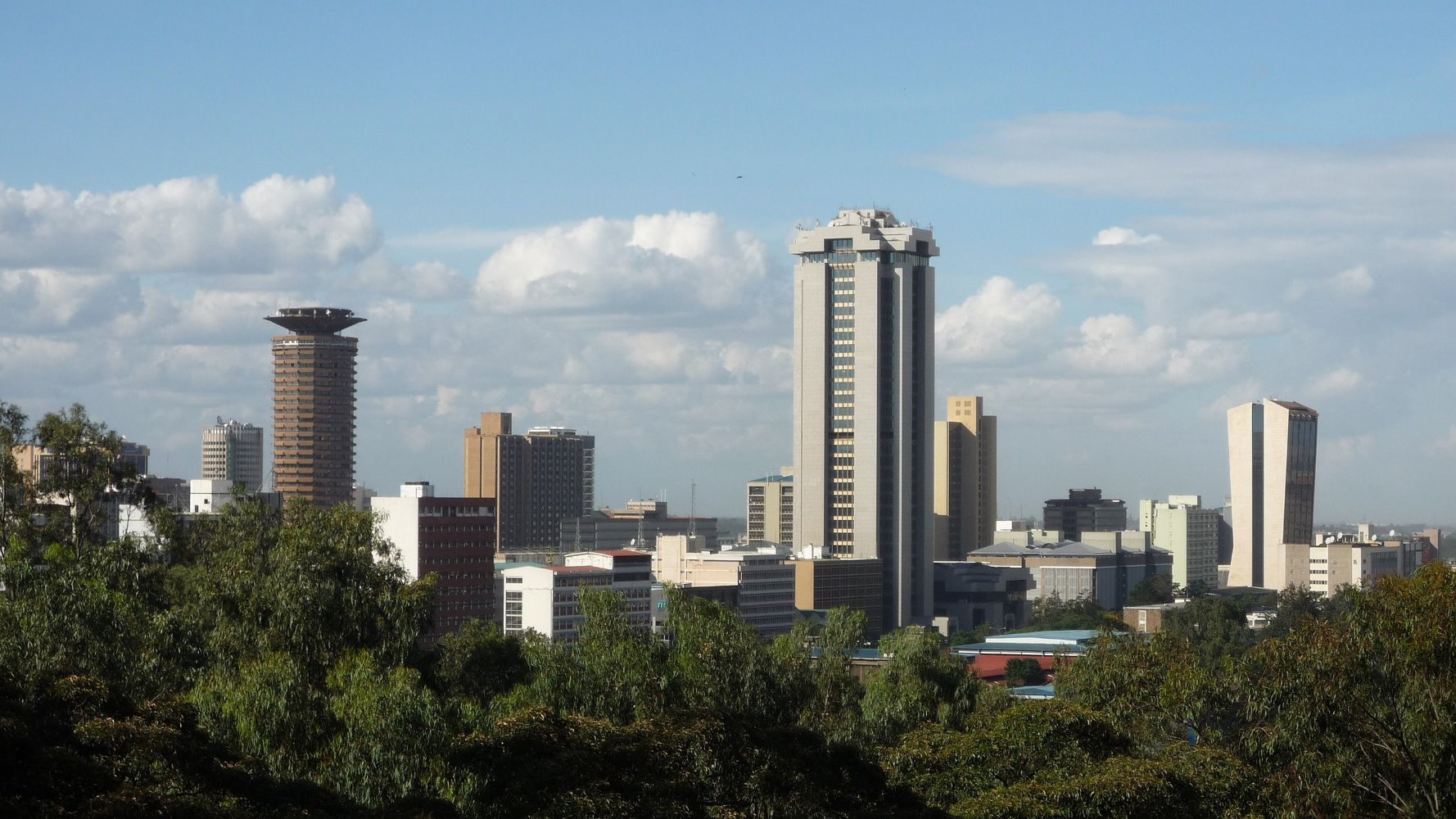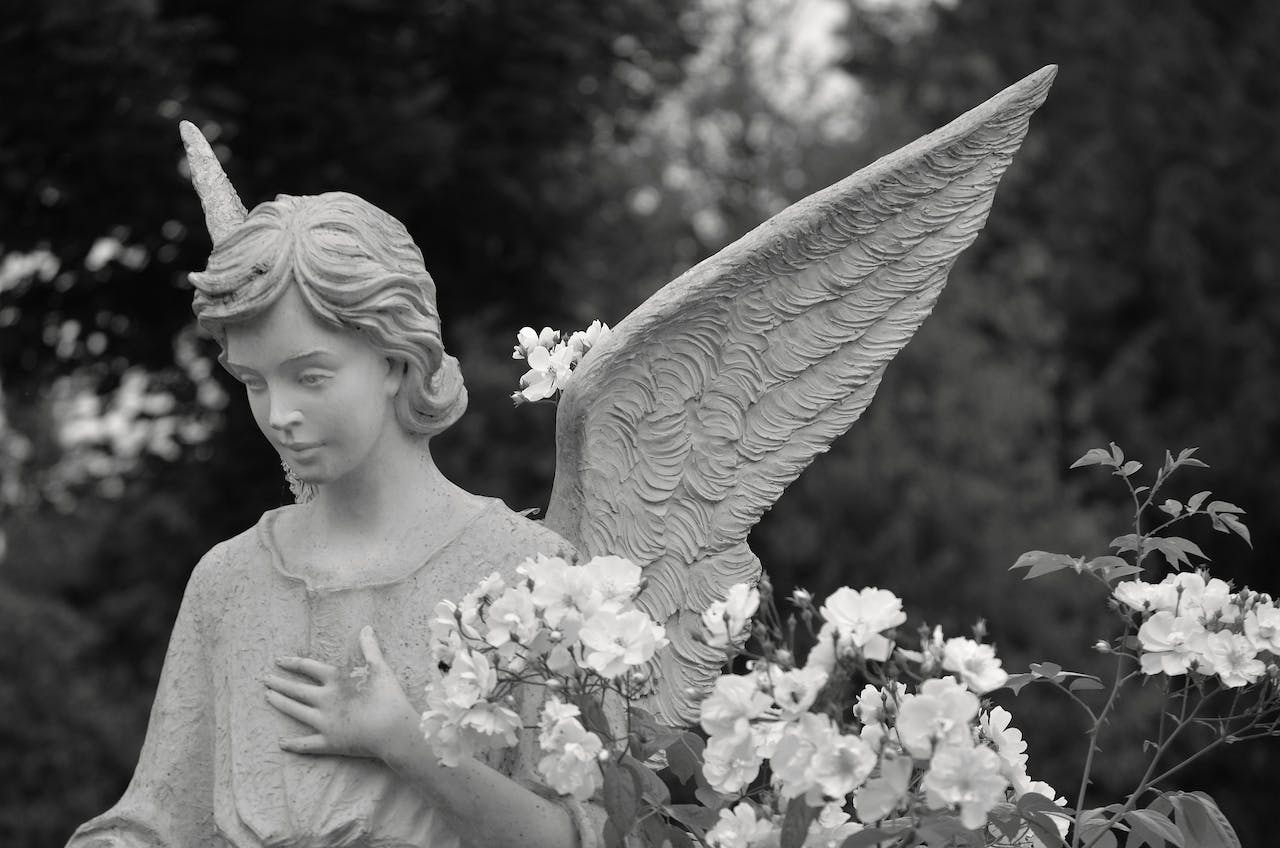The African Union (AU) member states are set to elect new senior leadership for the AU Commission in February 2025. This pivotal process includes selecting the chairperson, deputy chairperson, and most of the six AU commissioners, with East Africa poised to assume the chairmanship. Four male candidates are in contention, while North Africa will present nominees for the deputy chair role.

Since its inception as the AU’s secretariat, the commission has evolved into the engine of the pan-African project. Its chairperson, the AU’s chief executive officer, coordinates policies among member states, the AU, and eight recognized regional economic communities. This four-year renewable role entails six pressing challenges central to Africa’s future.
First, strengthening commitment to shared values such as human rights, the rule of law, and gender equality is critical. These values are under strain from democratic backsliding, violent extremism, and unconstitutional government changes. Recent coups in Mali, Burkina Faso, and Niger highlight the AU’s struggle to restore constitutional order due to weak support from member states.
Second, finalizing the division of labor between the AU and regional economic communities is overdue. Persistent contradictions in areas like trade and security hinder progress. The African Continental Free Trade Agreement exemplifies these challenges.
Third, the AU needs systematic approaches to crafting Common African Positions on global issues, including climate change and UN reform. A robust stance linking climate change to peace and security is currently under development.
Fourth, the AU must clarify criteria for strategic partnerships and establish mechanisms to evaluate their effectiveness.
Fifth, institutional and financial reforms remain incomplete. While the Peace Fund has raised $341 million since 2017, international partners still fund 58% of the AU’s budget, raising concerns about ownership and independence.
Finally, transforming the AU into a “citizen’s union” as envisioned in Agenda 2063 requires bridging gaps between AU initiatives and local realities. Issues like free movement, the African passport, and civil society inclusion are crucial.
The incoming chairperson must navigate this complex agenda, forging alliances among member states, regional bodies, and AU commissioners to advance Africa’s collective vision.



